As environmental awareness increases, consumers are looking
for products that are sustainable for a better future. This means buying
cosmetics and personal care products that are packaged in materials that are
not going to end up in landfills or contribute to diminishing the Earth’s
natural resources. Most products currently on the market are packaged in
plastics that are not biodegradable or compostable and may have limited
potential for future use through recycling programs.
However, both small beauty brands and multinational cosmetic corporations are rethinking their packaging models to consider more eco-friendly options in order to reduce their environmental footprints. A post published by Cosmetics Design USA states that Veolia, a world leader in waste management, is teaming up with Unilever to take a leadership stance in defining responsible packaging initiatives for future generations. Recyclables are only recycled if they are deemed as useful materials for future use. Thus, Unilever not only aims to use plastic packaging that is made of fully recyclable materials, but to incorporate 25% of recycled material into its packaging by 2025. Unilever and Veolia plan to start their collaboration by collecting materials from India and Indonesia.
The Terracycle Zero Waste Box
Although the spotlight is on eco-friendly cosmetic packaging, these changes can’t happen overnight. According to Cosmetics Design USA, TerraCycle has taken a different approach towards diverting from filling landfills with post-consumer waste. RecycleSmart has teamed up with Terracycle to introduce waste collection boxes, called the Terracycle Zero Waste Box, designed to recycle anything.
How does it work? A
customer will first select a waste stream that they would like to recycle. The
waste streams span a large variety of household items such as jewellery,
luggage bags, garden products, and health care packaging. Once the waste stream
is chosen online, the boxes can be ordered and delivered to the customer’s
house to be filled up. Once the boxes are full, the customer ships them back to
Terracycle, where the product constituents are sorted into metals, plastics,
organics, fibers, fabrics, glass, e-waste, cigarette waste, and latex paints.
Once sorted, the products are repurposed into creative products instead of
being sent to landfill.
It is evident that many companies are developing various approaches to tackle the environmental issues that threaten society, and consumers these days are expecting no less.
For more information, please contact Focal Point Research Inc. We are leading North American Regulatory and New Product Consultants for Medical Devices, Natural Health Products, OTC Drugs, Cosmetics, and other consumer products regulated by Health Canada and the U.S. FDA.

Recent Comments